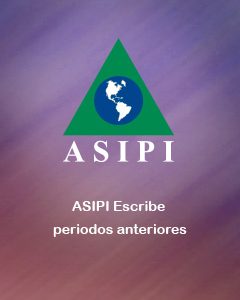Comparative analysis of the protection of Geographical Indications and the risk of becoming considered as generic
The protection of Geographical Indications and Appellations of Origin at the international level is regulated by means of international treaties, normally of a bilateral nature, which grant said protection within the framework of local legislation. In addition to this signing of treaties, WIPO administers the Lisbon Agreement for the protection of Appellations of Origin and their International Registration. Said Lisbon Agreement "contemplates the protection of appellations of origin, that is, the" geographical name of a country, a region, or a locality that serves to designate a product originating from the same and whose quality or characteristics must be exclusive or essentially to the geographical environment, including natural factors and human factors ""; however, it is only in force in 28 countries, which is a clear limitation for its effectiveness.
Therefore, knowledge of local laws becomes essential in order to understand the scope of protection in each country and region of Geographical Indications and Denominations of Origin.
- Historical background
- National Legislation
- International Legislation
- Lisbon Agreement
- Generic Geographical Indications
- Protection alternatives for producers who use generic geographical indications: Collective Mark, Certification Mark
- New Geographical Indication
- Bilateral agreements



